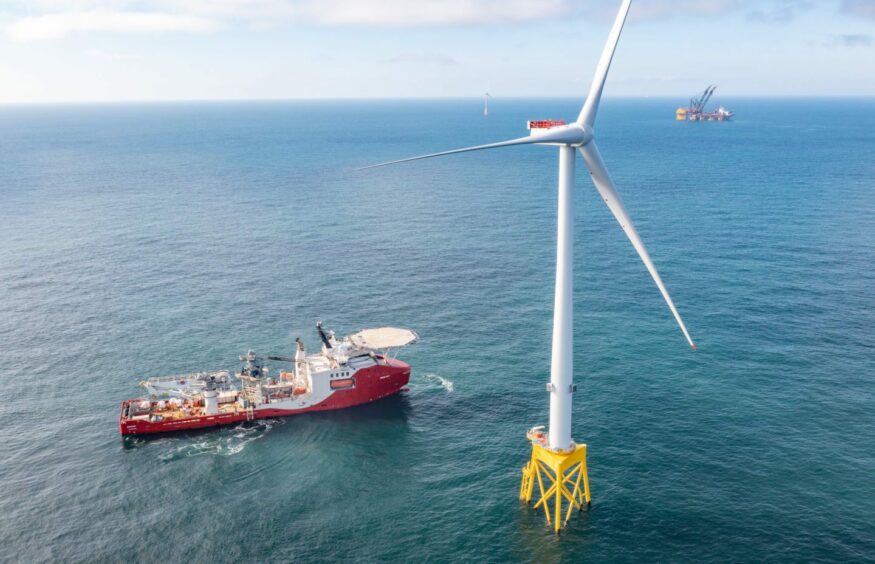
TotalEnergies increased its adjusted EBITDA by 18% in the third quarter, over the third quarter, with production up and its integrated power plans starting to come to fruition.
Adjusted net income was down 35% in the period, at $9.86bn. Prices were down substantially against the third quarter of 2022. Brent was down 14%, Henry Hub down 66%, NBP down 75% and JKM 73%.
Cash flow from operations reached $9.3bn in the quarter, and $27.4bn for the first nine months of the year. A number of projects started up in Total’s oil and gas business, including Mero 1 in Brazil, Ikike in Nigeria and Ratawi in Iraq.
CEO Patrick Pouyanne also hailed exploration successes in Namibia and Suriname as opening the “way to new oil developments contributing to future cash flow growth”.
Total’s exploration and production unit posted cash flow of $5.2bn for the period, while LNG was $1.6bn.
For the first time, though, Total’s integrated power reported cash flow of more than $500 million.
“TotalEnergies commissioned its 1 GW Seagreen offshore wind farm, which was delivered within budget, and its 380 MW Myrtle Solar project in the US, which includes battery storage, and acquired 100% of Total Eren,” Pouyanne said.
Seagreen is Total’s first offshore windfarm, reaching 0.3 GW by the end of the quarter. The company now has gross installed power generation capacity of more than 20 GW, growth of more than 1 GW over the quarter.
LNG peaked
Total’s integrated LNG unit reported poorer results, with cash flow of $1.65bn for the quarter down 34% year on year. The company said this was driven by lower LNG prices. Although this was “partially offset” by higher margins contracted in 2022 for deliveries in 2023.
Furthermore, the company excluded Novatek from its results. Including the Russian unit, saw its gas production down 33% at 4,300 million cubic feet per day. Stripping Novatek out saw its gas production increase by 3%.
In addition to reporting its results, Total said it had commissioned the Cape Ann FSRU at Le Havre today. It delivered its first gas into the grid, with Norwegian LNG.
The FSRU can regasify up to 5 billion cubic metres per year. Of this, Total has contracted 50%, which it will supply from its global portfolio.
Recommended for you

